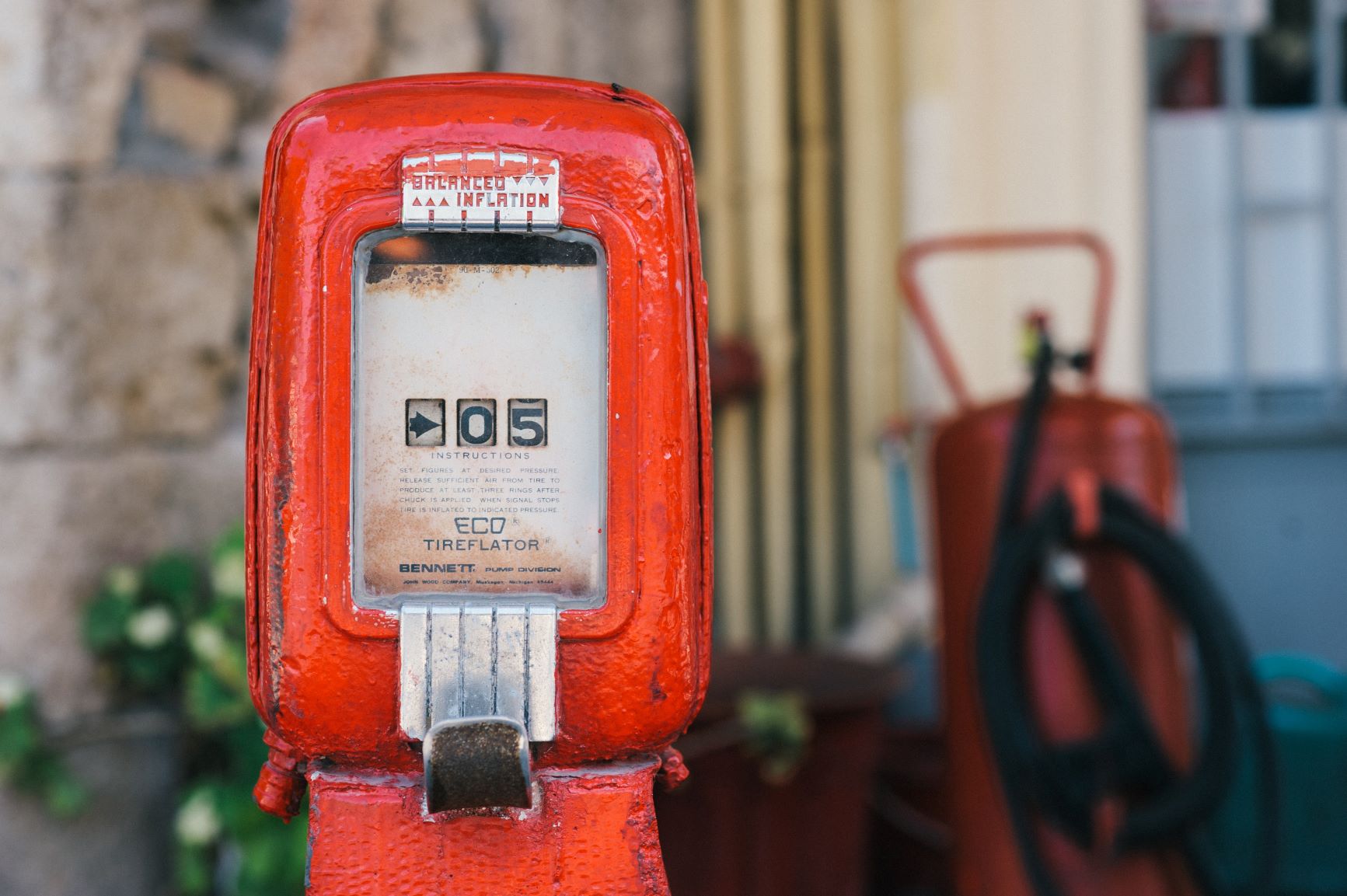Offtake is a crucial element in ensuring economic viability as the revenue-generating component of this project. There are different ways to approach offtake, and as described in-depth in the End-of-Phase report, this depends on the type and quality of the end product and the geographical location of the market. The main priority at the current stage is to identify an end market for the product produced by the pyrolysis plant and where the price allows for viable project economics (i.e., covering the costs of collection, pre-treatment, and operations).
This report is the outcome of a workstream local offtake opportunities, financed by the the Norwegian Retailer’s Environment Fund. Data collection and analysis were done by Gilbert Kofi Adarkwah, Lecturer/Assistant professor in Strategic Management at the BI Business School Department of Strategy and Entrepreneurship, and support by a team of two researchers in Ghana and the Plastic REVolution Foundation (PRF).
The key focus has been mapping the value chain and the pricing structure – including taxes and levies – for diesel (GASOIL) products in Ghana. Among others, the report focuses on the value chain of traditional and non-traditional (including biodiesel) products, provides an overview of petroleum products supply and consumption, and describes the pricing structure of diesel products with their different components.
Read the full report on local offtake here.
Picture by Michal Matlon on Unsplash
